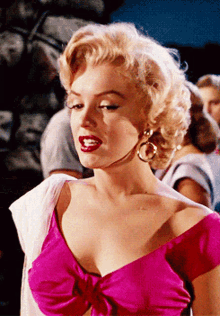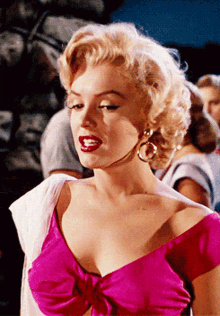When it comes to what makes a good novel or a good story one of the most important aspect we need to look at is our characters.
Often times writers focus solely on the main character to be perfect that they become too perfect and as a result the reader or audience cannot relate to the character. As a writer there should be a balance between perfection and realism, no not let the creativity in your writing get in the way of making your character likable after all if no human is perfect, why should the character be. Bellow we shall be discussing the best way to write a good character.

1) The Characters Needs or Despites.
When you first settle down on the type of book or story you'd like to write about the next part is coming up with an idea or an image of what or who your character should be. You need to approach the making of the character as a form of interview really, know their age their likes their habits. You need to take in consideration the following;

1) What does the Character like?
2) What does the character dislike?
3) How would you describe the childhood of the character?
4) How would you describe the teenage years of the character?
5) How would you describe the adulthood of the character?
6) What's the role of the character in the story?
7) How is the character introduced?
8) What's the first time he is mentioned in the story?
9) What are emotional strengths of the character?
10) What are emotional weaknesses of the character?
11) Is the character an introvert or an extrovert?
12) What's his or her meaning of life?
13) What would the character like to change in his/her life?
14) What things motivate the character?
15) What situations scares the character?
16) What makes this character happy?
17) Is the character often biased?
18) Does the character prefer to give or to take?
19) Is the character rather nice or rude?
20) How does the character cope with;
v … with fury
v ... with rage?
v ... with unhappiness?
v ... with rivalry?
v ... with new situations?
v ... with trouble?
2) What is your Characters Goal?
Often most writers ignore this little thing, they solely focus on the story that they forget to explain of express why their character is doing what they are doing. Sometimes a charters personality will not fit with the goal that you have set up. This class can be seen in the following explanation. Example.

The Character Emmy is a bubbly nice humble quiet girl who sees the good in everyone and loves life and believes everything has a reason and that people deserve second chances. Emmys Family gets murdered and she decides to seek revenge she finds out that the killer was a sick man with a severe mental illness and had an episode before he killed Emmy’s family, Emmy decides to kill him still.
Before you say that there aren’t any contradictions within the example above take a look at it again and note down the character’s personality and morals and the actions she takes.
Now this type of situation can be valid if Emmy has gone through a series of events that have darkened her heart and caused this drastic shift in personality. This means that in order for the above to make sense there needs to be added information within the story, perhaps a series of unfortunate events can directly impact Emmys personality. Bad outweighs good scenarios really help drive this theory home.
3) What is the Weakness
Everyone has a breaking point, we are not superhuman in any ways we have our limits as humans and so do your character. The goal is to make sure that your character is relatable as possible. This will help you hook the reader. We want the reader too be invested in the story and find it so exciting and addicting that they cannot stop reading. Weaknesses can be categories in the two types.

a) Psychological weakness.
This majorly consists of external injuries, sort of like a wound, a traumatic or physical disability. These moments when a protagonists suffers because of these disability actually creates an element of vulnerability to the character. They experience a level of pain that brings out empathy towards the reader.
b) Moral Weakness.
This trait can be a little bit hard to write or express but once you’ve mastered how to use this then your character can be more relatable. Moral weakness can be used to make the character’s personality or choices hurt others or it can be used to initiate a moral dilemma that makes the character hurt most of the time emotionally due to the type of choices they make.

All in all the making of a good character is not so just about the writing but more about the relativeness of the character, be it the Protagonist, antagonist or even a supporting character, every character needs to be relatable and understood, I hope these tips will help you in your writing.





Eyyy, thanks for these tips. I used to write stories before but I've realized that I am not good at it and so I stop. Bymut after reading this, I might try again and foolow your tips.